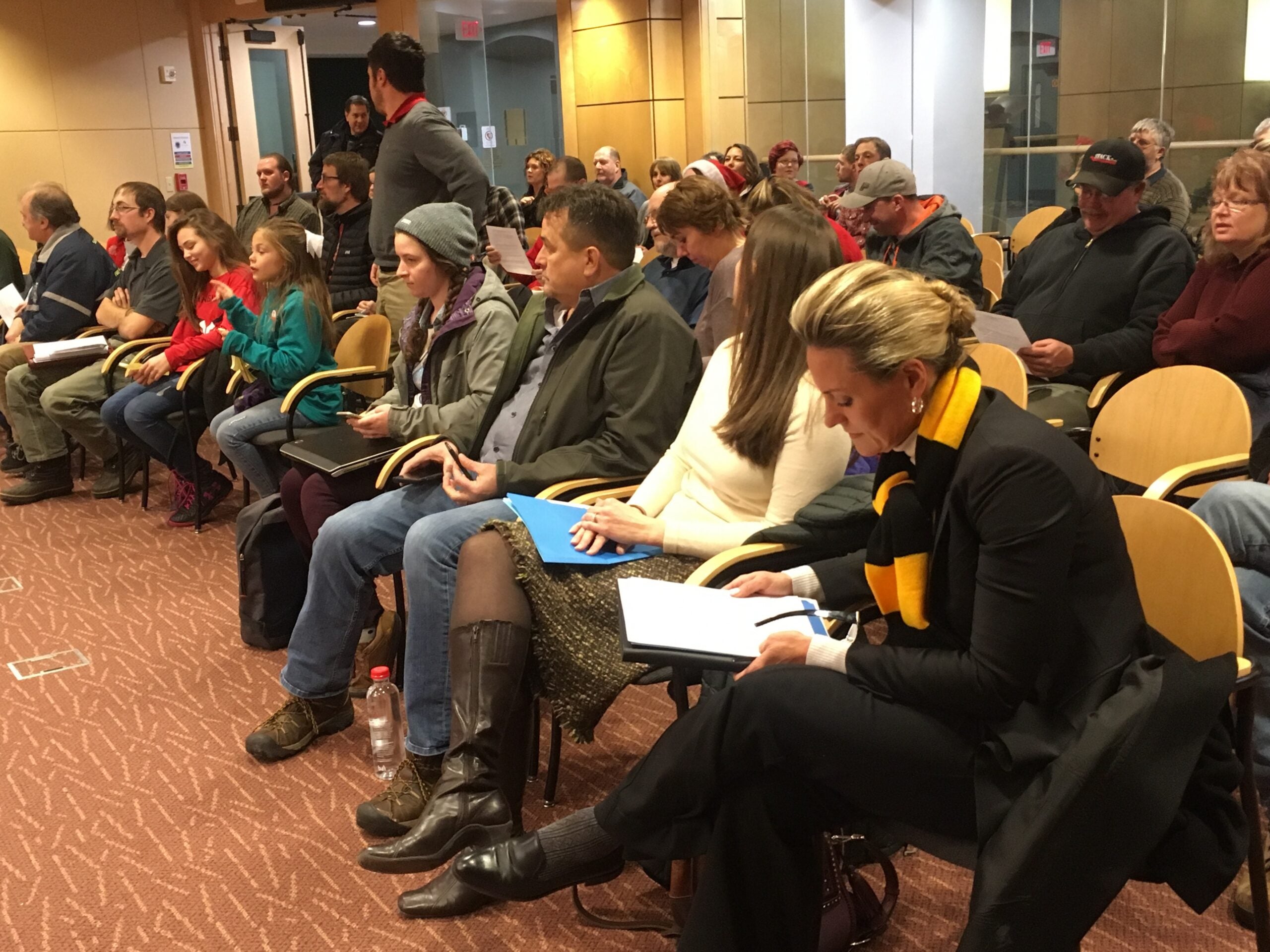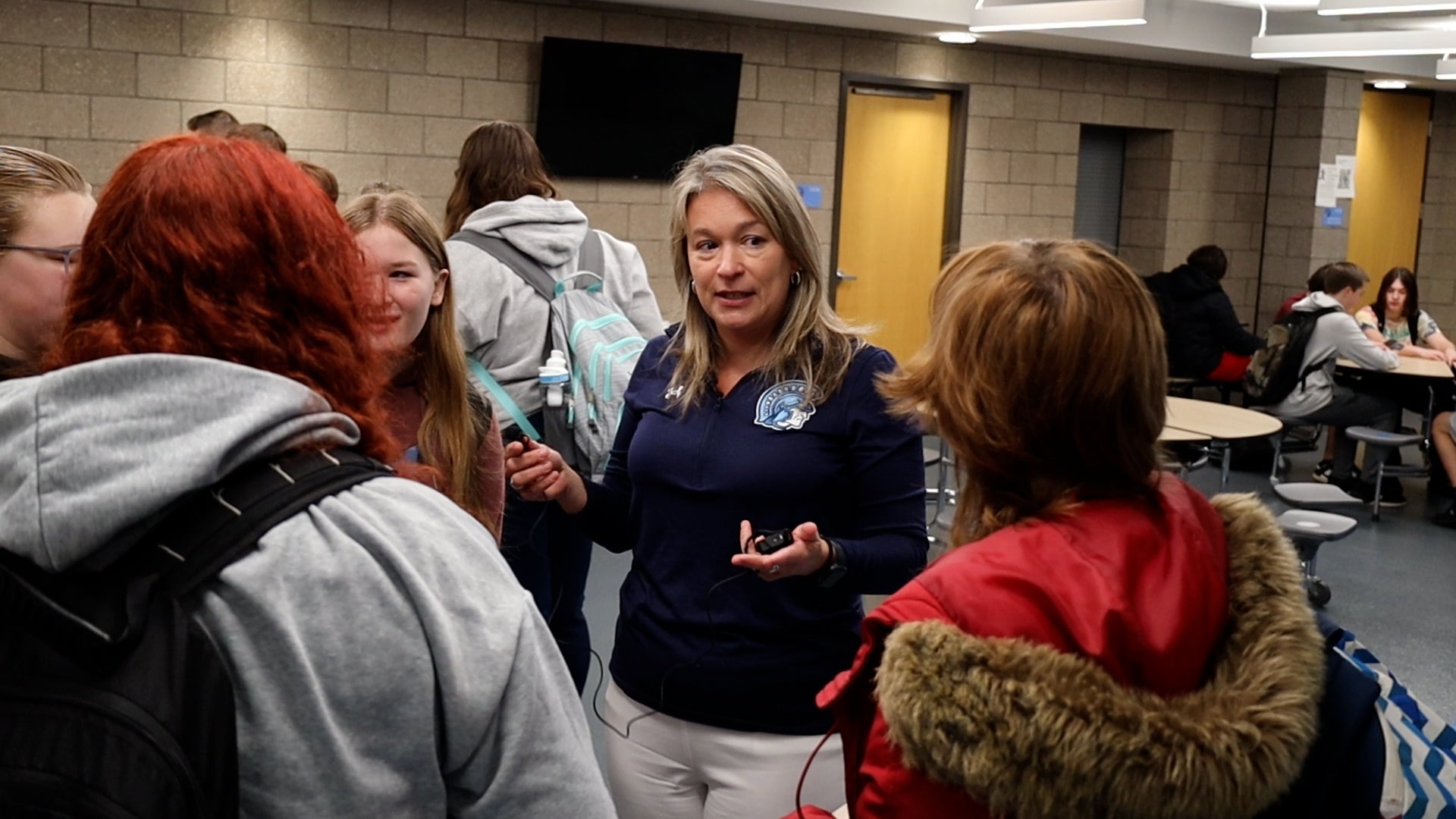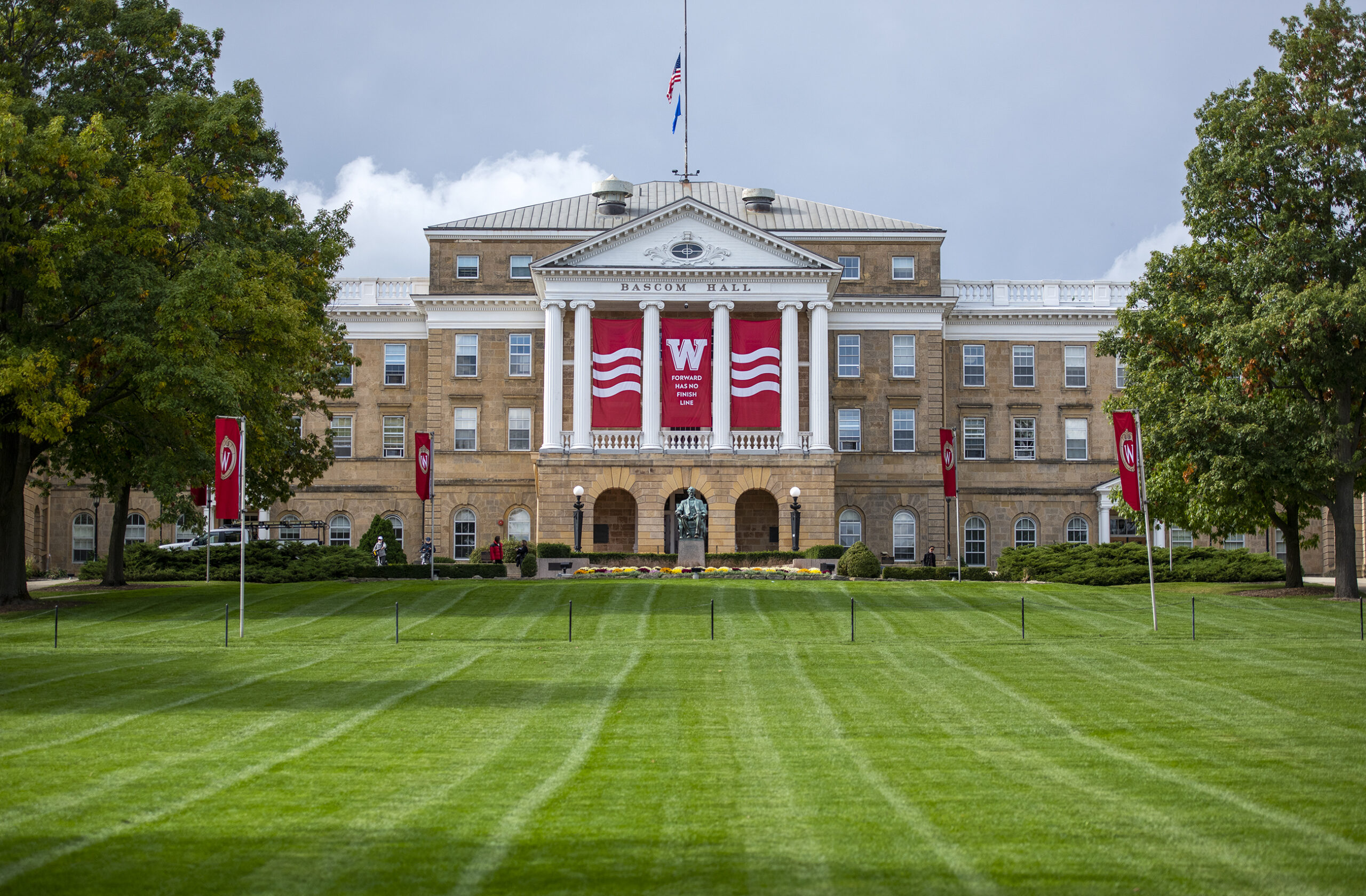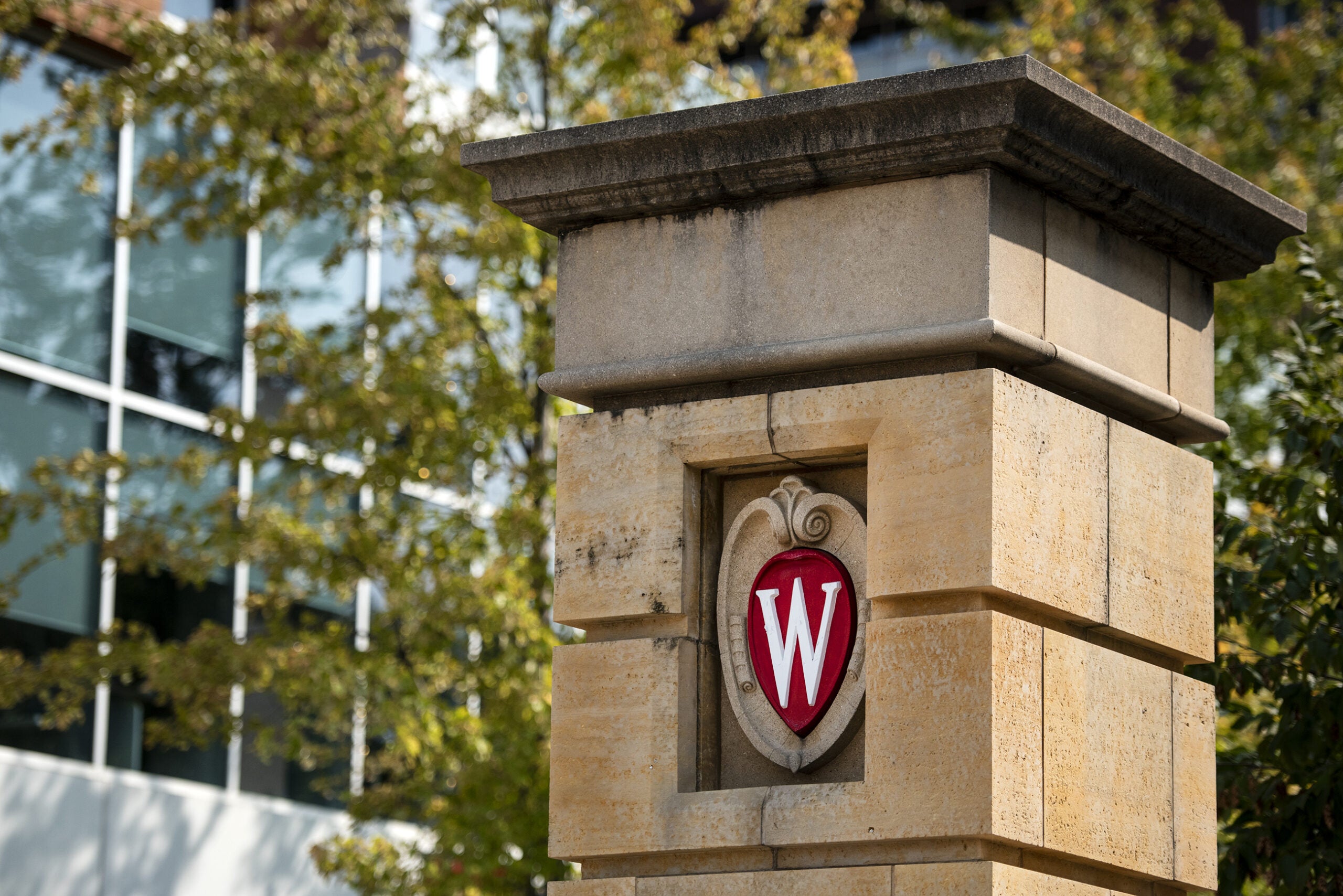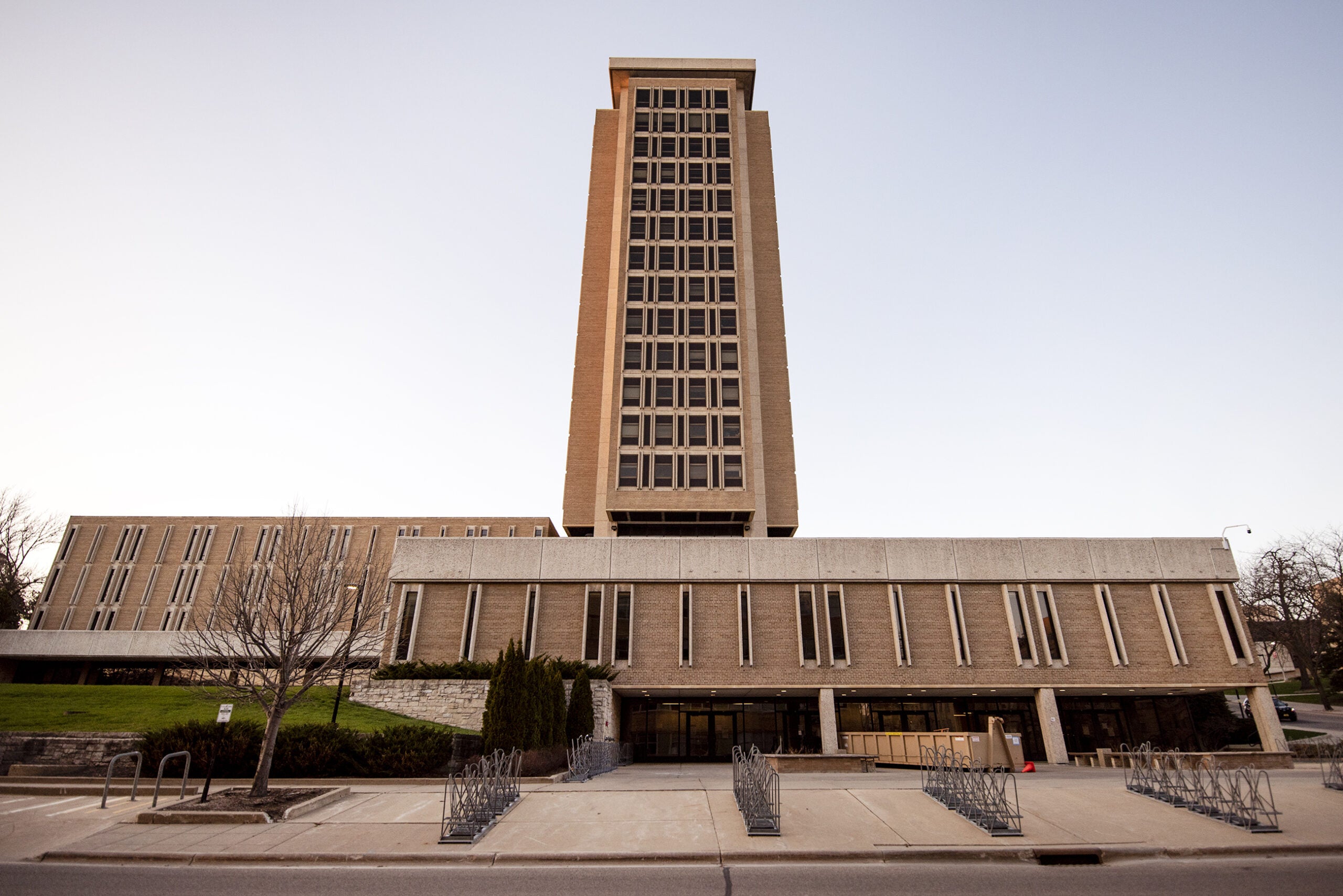A Superior City Council resolution to oppose program cuts at the University of Wisconsin-Superior failed to pass in a narrow 5-4 vote by the council Tuesday evening. Five councilors supported the resolution, while four voted against it, and one councilman abstained.
The resolution would have needed six votes in favor to pass.
UW-Superior administration announced plans to suspend 25 academic programs in October due in part to low enrollment and poor graduation rates. Some of those programs include sociology, political science and journalism. Around 20 people told council members their views on the program cuts with the majority speaking in opposition to the university’s decision.
Stay informed on the latest news
Sign up for WPR’s email newsletter.
UW-Superior Chancellor Renee Wachter told the council the university suspended programs to meet the needs of the region. She also alluded to a reason being that new funding for UW institutions will now be tied to performance metrics.
“These metrics include student success and efficiency. What does it cost us to produce a degree? We must show improvement on both of these — both relative to ourselves but also in relationship to how we can improve next to our UW peers — if we’re going to access this money,” she said. “We have to be fiscally responsible.”
While some students are upset with the cuts, not all students oppose the decision, said Ben Damberg, vice president of the UW-Superior Student Government Association.
“It is not the overwhelming majority of students on this campus that are extremely opposed to the decision. They are opposed to the process. They are opposed to the public media disclosure that was brought out,” he said. “But, all-in-all with the decision itself, they are more-so okay with the decision.”
Other community members, alumni, faculty and students told the city council that the administration lacked respect for them and shared governance in suspending the programs. UW-Superior history professor Joel Sipress said the move puts value on a diploma at the expense of an education.
“It is vital that this community stand up for academic quality and equal opportunity for everyone regardless of where you live and what your economic circumstances are,” he said.
Douglas County Board Supervisor Doug Finn said the community wants to work with the administration and UW Board of Regents.
“How can we strengthen the university — not make it more difficult?” Finn said. “I’m concerned if you cut out all these classes and all these minors and majors, you’re not going to attract as many students and what’s that going to do for us?”
However, Superior resident Jim Ronding said he believes university officials know what they’re doing.
“I really have a lot of feeling for the people that are affected by this, but I do believe that it is something that the UW-Superior administration has looked into and is not a short-sighted decision,” Ronding said.
Councilwoman Jenny Van Sickle called the university’s move “morally bankrupt” and “fiscally inexplicable.”
“I will not stand silently while an inept administration willingly guts our university and hurts the residents of the Twin Ports, who are literally asking to pay thousands upon thousands of dollars in tuition, rent, utilities, etc., because conviction, courage and leadership are inextricably tied,” Sickle said.
Other council members argued UW-Superior affairs are not issues for the city council to consider, including council president Dan Olson.
“The fact of the matter is this: at this point in time with no resolution to the problem, should not be discussed – it can be discussed. But, it shouldn’t be voted on this floor,” Olson said.
Council members Tylor Elm, Ruth Ludwig, Esther Dalbec, Warren Bender and Jenny Van Sickle voted in favor of the resolution to oppose program cuts at UW-Superior. Councilman Dan Olson, Jack Sweeney, Keith Kern and Craig Sutherland voted against the resolution to oppose the cuts. Councilman Brent Fennessey abstained from voting.
Wisconsin Public Radio, © Copyright 2024, Board of Regents of the University of Wisconsin System and Wisconsin Educational Communications Board.

